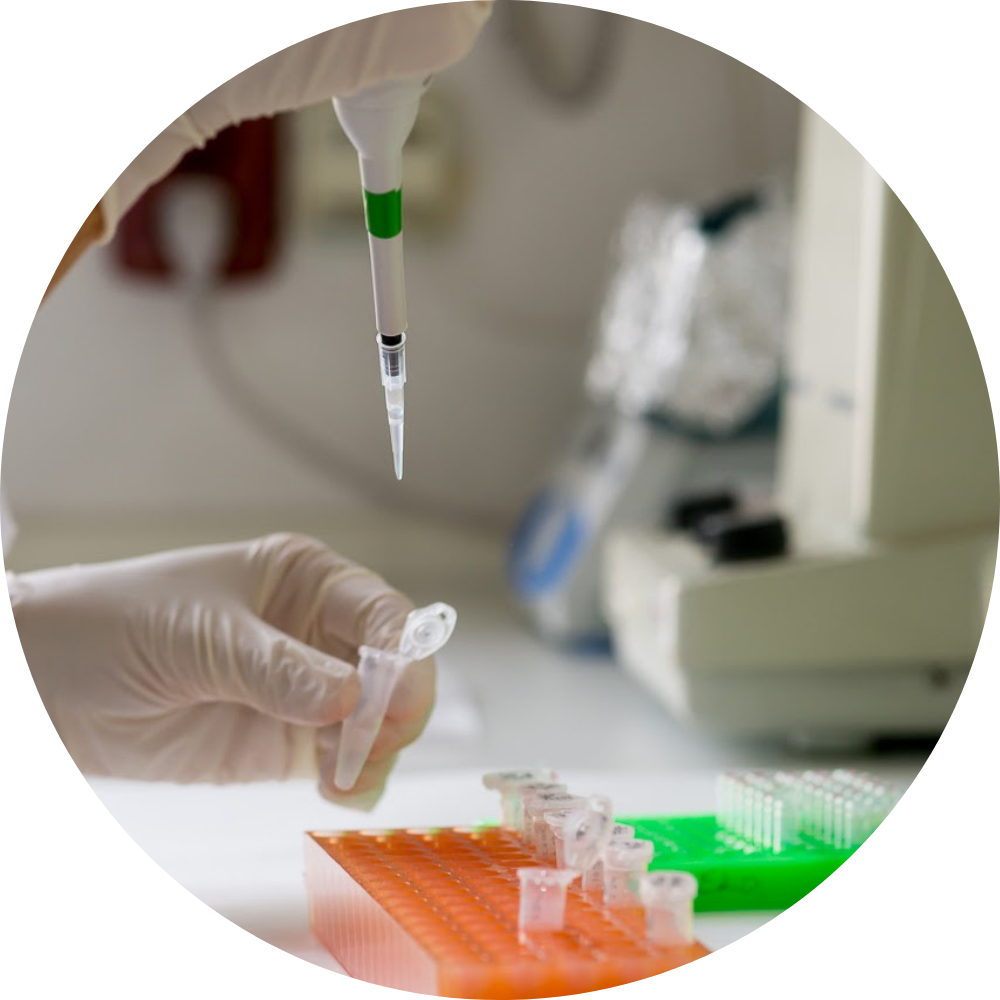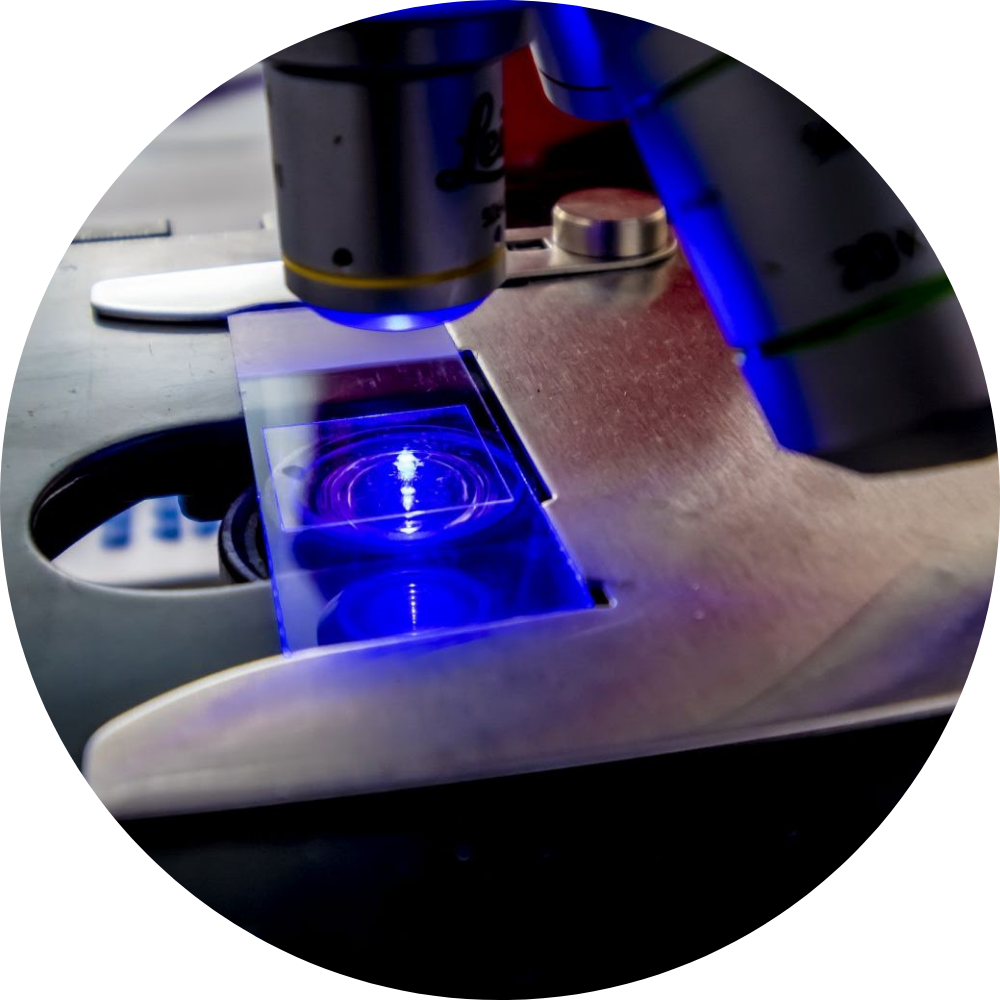Follow-up master programmes at Faculty of Science, Charles University, Prague
BotanyBotany at Charles University, with a long tradition, focuses on evolutionary and ecological disciplines. The program offers education in systematics, diversity, evolution, and ecology of vascular and non-vascular plants, algae, fungi, and related organisms. It includes theoretical and practical education through lectures, seminars, field excursions, and laboratory courses. Graduates complete diploma theses in systematics, evolution, and ecology of plant species and populations, as well as vegetation and landscape ecology. The Master’s program offers specialities in Phycology and algal ecology, Bryology and lichenology, Mycology, Plant ecology, and Vascular plants. |
EcologyEcology studies relationships among individuals, populations, and communities. Students gain a broad background in terrestrial and aquatic ecosystems, molecular, and evolutionary ecology. Practical diploma projects are crucial, covering topics like macroecology, community ecology, invasion ecology, microbial ecology, and more. Research involves invertebrates, vertebrates, algae, plants, and microbial communities, focusing on Europe, polar regions, and Africa. Techniques include modeling, large dataset analysis, genomics, and microscopy. The Master's program is open to students with relevant bachelor’s training. |
ImmunologyImmunology is a dynamic field integrating molecular and cell biology, physiology, histology, and functional morphology related to the immune system and host-pathogen interactions. It covers transplantation, allergies, immune deficiencies, autoimmunity, immunosuppression, immunotherapy, and anti-tumour immunity. Topics span from molecules (cytokines, immunoglobulins) and cells (immunocompetent cells) to whole organisms (transgenic models) and communities (allele frequencies, immune mechanism evolution). Clinical immunology focuses on humans. The study program includes diverse lectures, practicals, and diploma thesis topics. |
Parasitology and Infection BiologyThe program trains students in parasitology and infection biology and prepares them for careers in diagnostics, research, and the commercial sector (pharmaceutical industry, biotech companies). It covers parasitism (viruses, prokaryotic and eukaryotic pathogens), virology, bacteriology, mycology, and parasitology. Emphasis is placed on pathogenic diversity, ecology, epidemiology, transmission, and host interactions (immunological, physiological, biochemical, molecular). Practical training focuses on pathogen identification, disease diagnosis and treatment, and modern skills for today's dynamic scientific and technological environment. |
DemographyThe study of demography covers human population reproduction, including birth and mortality rates, demographic structure changes, family and household structures, marriage, divorce, abortion, and migration. The program focuses on research concepts and methods related to demographic processes, factors influencing demographic reproduction, regional differentiation of population development, and the principles of population theories and policy concepts. It aims to understand the causes, consequences, and wider context of these demographic phenomena. |
GeologyOur Geology follow-up master's programme, specializing in Geodynamics, explores tectonic processes through the study of magmatic and metamorphic rocks and their deformation structures. The two-year programme emphasizes individual research projects and master's theses, integrating a multiscale and interdisciplinary perspective. Tutorial-style teaching includes practical courses, computer modeling, and essential soft skills. Fieldwork is key, with many thesis projects based on field research. Students engage with international peers and benefit from a global network of collaborators and Erasmus mobility opportunities. |



























